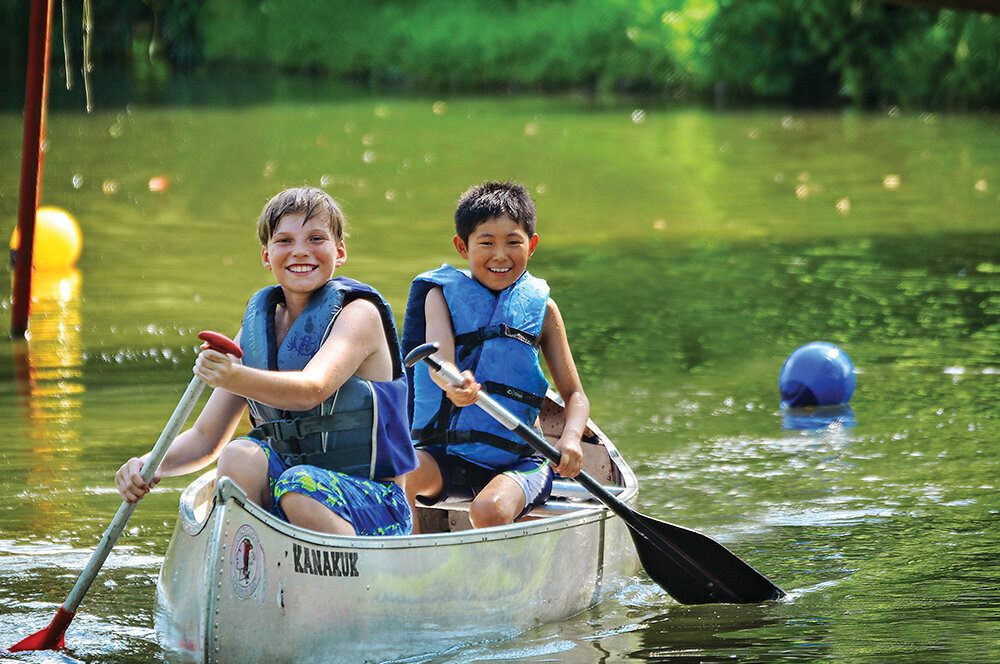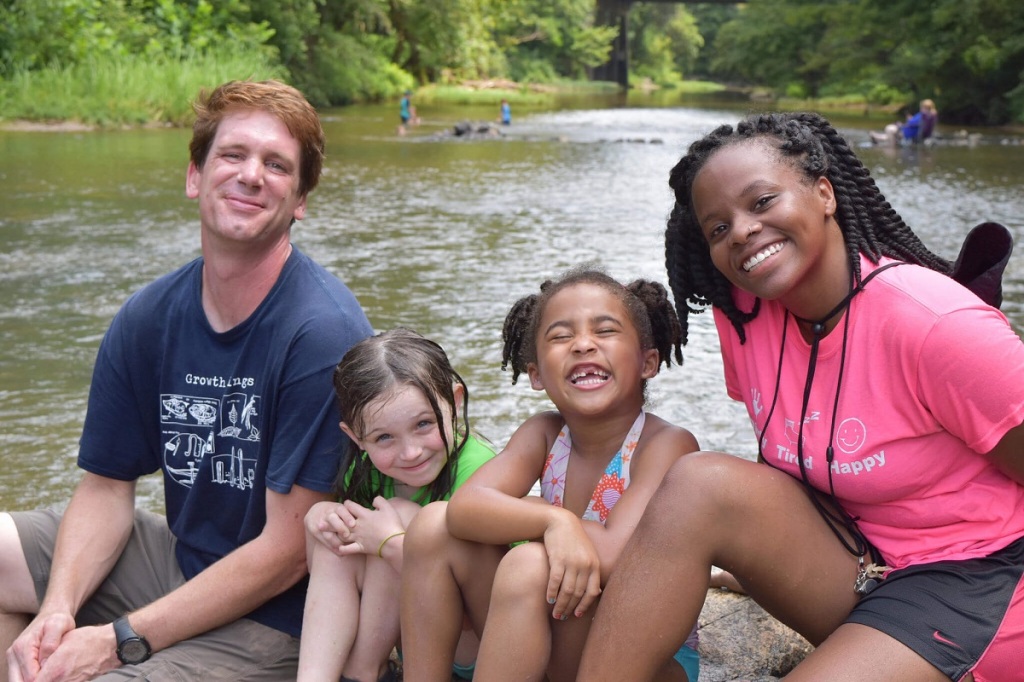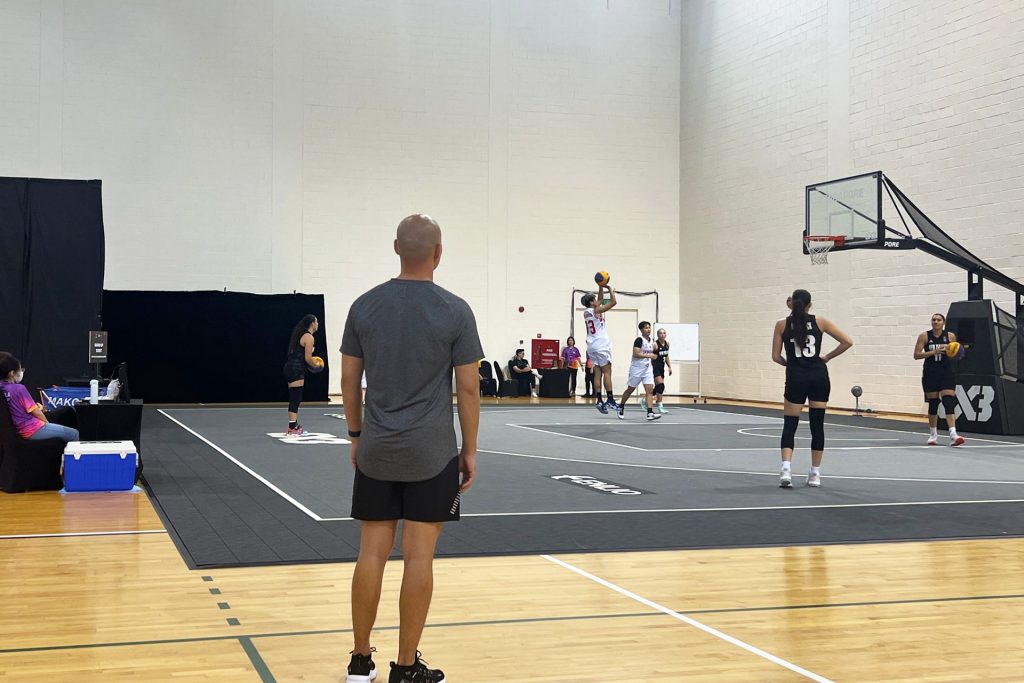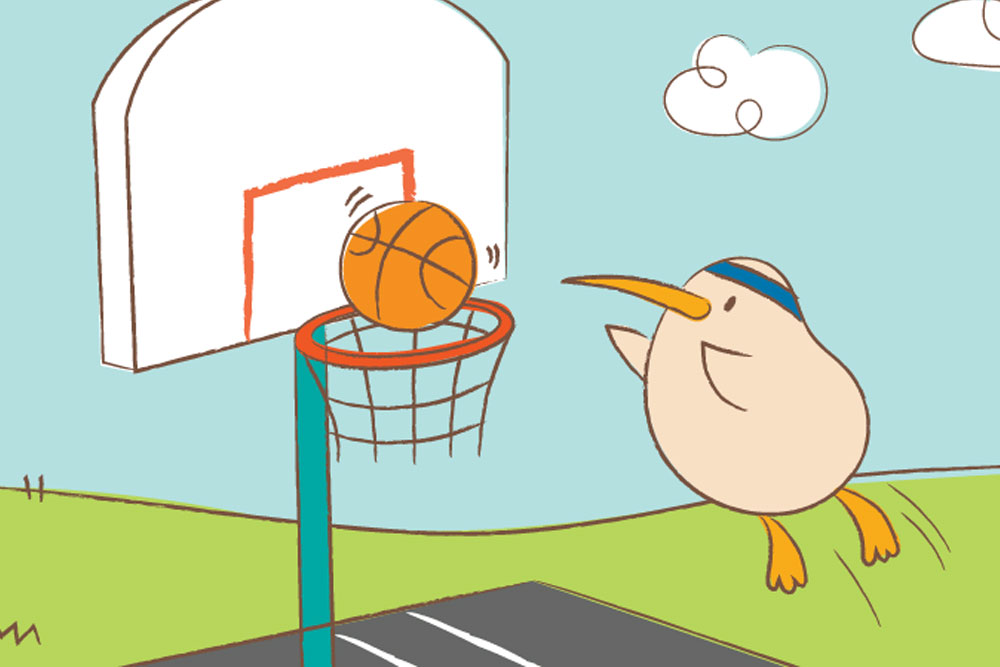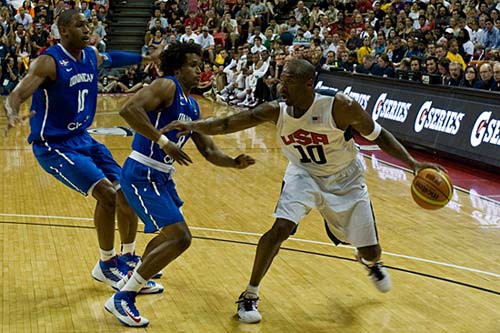Basketball camp can be an exhilarating and rewarding experience for campers and counselors. As a basketball camp counselor, you have the unique opportunity to positively impact the lives of young athletes while sharing your love and knowledge of the game. However, being a successful basketball camp counselor requires careful preparation and a commitment to leadership and mentorship. In this essay, I will explore how to prepare to be a basketball camp counselor, including practical skills and essential qualities to embody in this role.
First and foremost, basketball camp counselors need to have a strong understanding and love for the game. This means being knowledgeable about basketball rules, plays, and techniques and being passionate about playing the game. Before stepping into the role of a counselor, it’s important to hone your skills as a player and develop a deep understanding of the game. This can be achieved through practice, watching professional games, and seeking guidance from experienced coaches.
Additionally, basketball camp counselors need to possess strong communication and leadership skills. As a counselor, you will be responsible for guiding and instructing campers and fostering a positive and inclusive camp environment. Effective communication with campers, parents, and fellow counselors is crucial for creating a successful and enjoyable camp experience. Leadership skills, such as initiative, assertiveness, and the ability to motivate others, are also essential for effectively managing a group of young athletes.
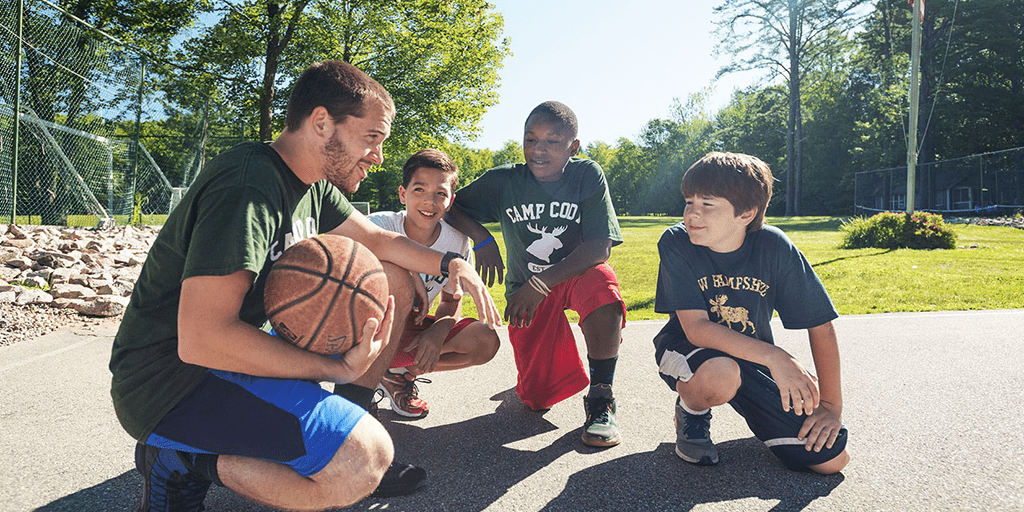
In order to prepare for the role of a basketball camp counselor, it’s essential to familiarize yourself with the camp’s schedule, rules, and expectations. This may include attending training sessions, familiarizing yourself with the camp’s policies, and meeting with other counselors. It’s also helpful to review any materials the camp provides, such as lesson plans, drills, and activities. This will help you feel prepared and confident in your role as a counselor.
Another crucial aspect of preparing to be a basketball camp counselor is developing a positive and encouraging attitude. Campers look to counselors as role models and mentors, so it’s essential to approach the role with enthusiasm and a can-do attitude. Being patient, supportive, and empathetic towards campers will help you build strong relationships and create a safe and nurturing environment for young athletes to learn and grow.
Furthermore, it is important to prepare physically and mentally for the demands of being a basketball camp counselor. This may include staying active and healthy and practicing self-care techniques to manage stress and maintain a positive mindset throughout the camp. Prioritizing your physical and mental well-being will help you become an effective and attentive counselor.
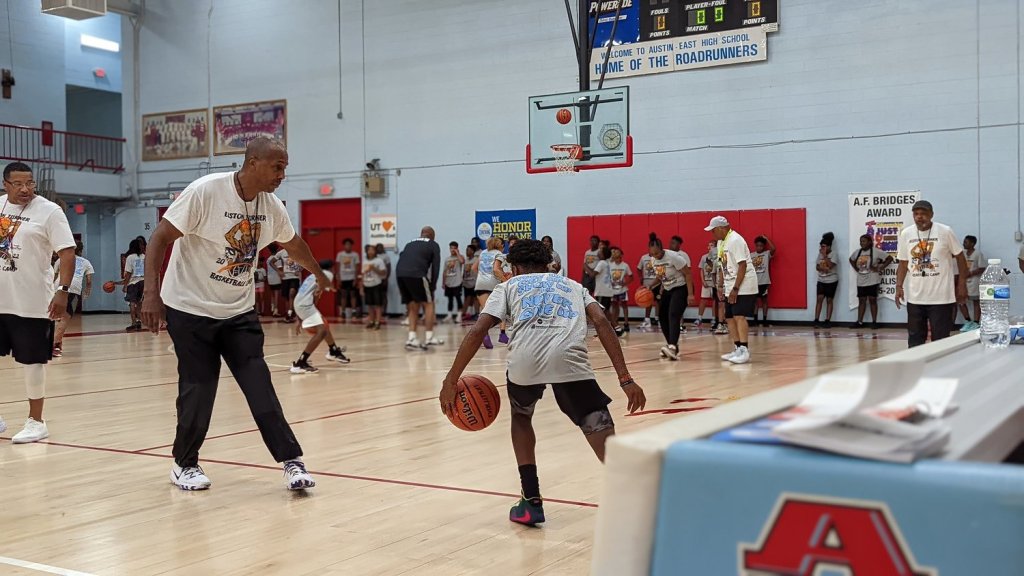
At the end of the day, being a basketball camp counselor is a rewarding experience that requires careful preparation and a commitment to leadership and mentorship. By honing your basketball skills, developing strong communication and leadership abilities, familiarizing yourself with the camp’s expectations, and approaching the role positively, you can prepare for a successful and fulfilling experience as a basketball camp counselor. Remember, your impact on young athletes as a counselor can last a lifetime, so take the time to prepare and approach the role with dedication and enthusiasm.
